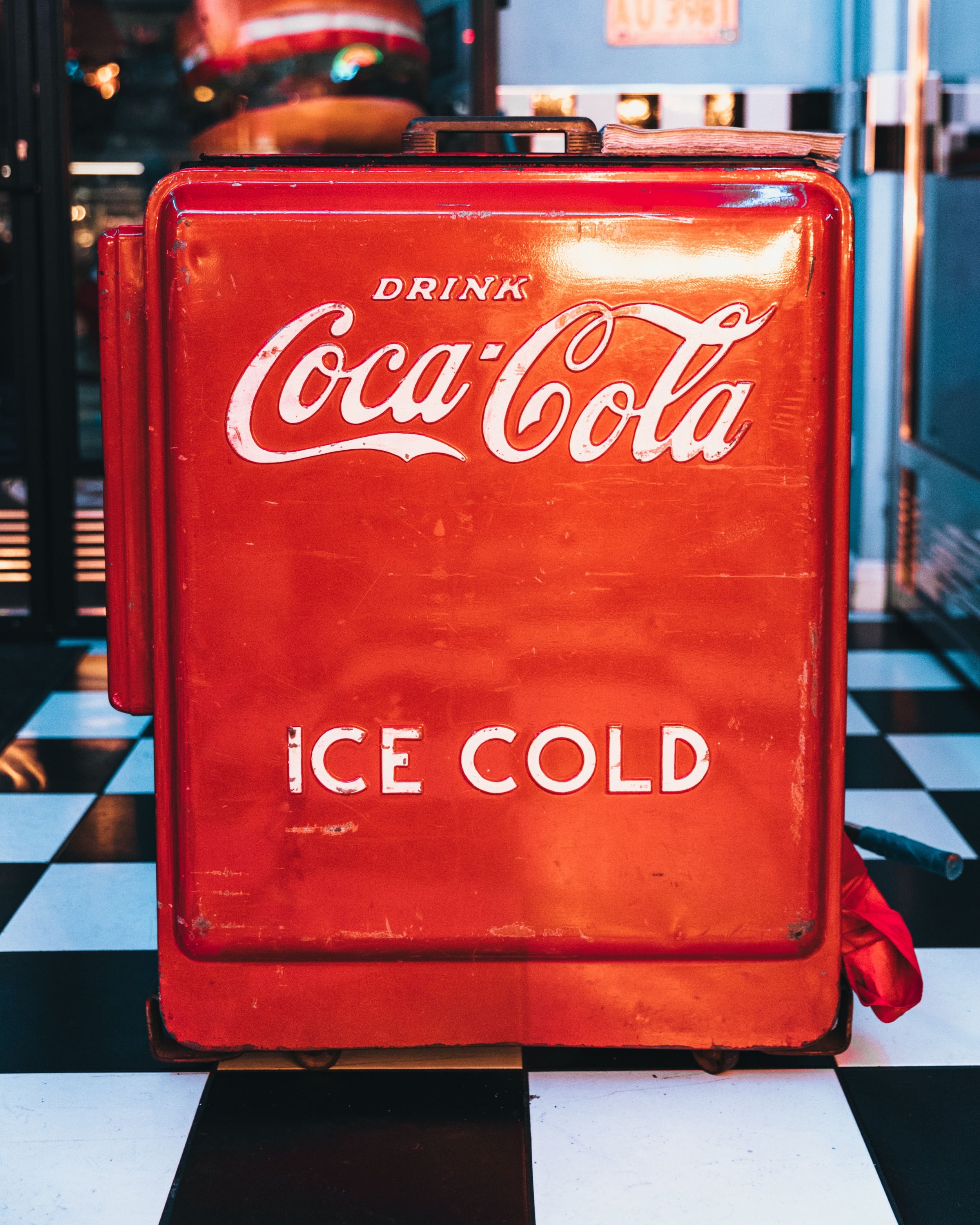Anheuser-Busch Might Be Getting Ready To Recover The Same Way Coke-A-Cola Did In The '80s
Anheuser-Busch marketing scandal has been a topic of controversy in recent news. As one of the largest breweries in the world, Anheuser-Busch has faced backlash from the community that has supported there brand the longest. Anheuser-Busch, the company that owns the Bud Light and Budweiser brand, partnered with transgender influencer Dylan Mulvaney. As the Bud Light VP of marketing Alissa Heinerscheid said during a podcast interview “We had this hangover, I mean Bud Light had been kind of a brand of fratty, kind of out-of-touch humor, and it was really important that we had another approach”. Bud Light Drinkers quickly took offence to the politicization of their favorite beer and the response given by Heinerscheid labeling the consumers as “fratty” and “out of touch”. How could Anheuser-Busch recover some of their core consumer base back? Is there any way to continue to bring in young drinkers as they intended and keep the ones who love the brand? For some of you younger readers there was another brand that went through a image similar crisis back in 1985, Coke.
It’s Not craft but it is beer
Yes, Bud Light is the beer that all craft beer enthusiasts run from, a bland taste profile, little to no definable body, its not my favorite beer. What many people forget is that bud light is not about flavor its about being the beer of the people. Bud light is synonymous with the common American and is been in the fridge of every blue collar worker since the invention of the phrase “grab me a beer”. Bud Light is also a affordable beer, not all people can afford the cost and time of tap room tastings and craft beer selection averaging somewhere around $3-4 per can. If you cant swing for a craft beer and you enjoy a Bud Light that is all that matters, personal opinion is more important than the opinion of someone else.
Anheuser-Buch Has More Reach Than Mr.Monopoly, If He Sold Beer Instead Of Boardwalks.
Anheuser-Busch, also known as AB InBev, is a multinational brewing company that owns numerous popular beer brands, including Budweiser, Stella Artois, and Corona. That’s right the staple drinks in every restaurant in America are owned by the same company.
The recent sandal has resulted in a loss of trust among consumers, especially in the craft beer community, if there was any to begin with, where authenticity and transparency are highly valued. Craft beer consumers, who are often passionate and knowledgeable about beer, expect genuine beer offerings it is safe to say most craft drinkers who also like Bud Light have all jumped ship.
1% Beer 1% water 98% brand
Consumer trust is a crucial factor in Bud Light’s success. When consumers trust a brand, they are more likely to stay loyal, make repeat purchases, and recommend the brand to others. Loss of trust can have severe consequences, including decreased sales, negative word-of-mouth, and damage to the brand's reputation. In summary, without the brand there is no beer, they don’t have a leg to stand on.
Lessons From A legend
When it comes to marketing scandals and brand failures, the case of Coke-A-Cola's New Coke in the 1980s serves as a valuable lesson. In 1985, Coke-A-Cola introduced a new formula for its flagship product called New Coke. The decision was met with widespread backlash from consumers, who expressed their dissatisfaction and outrage through protests, boycotts, and negative feedback.
Coke-A-Cola was a long time leader in the market with unmatched control until they started losing large market share leading up to the 1980’s. Pepsi-Cola advertised that after conducting a blind taste test, majority of the particapants selected Pepsi as the better tasting cola. Coke denied these findings and decided to conduct there own taste test and found out, that Pepsi was right, majority of people liked the taste of Pepsi more than Coke.
So they got to work on a new formula they later called “New Coke” and when they conducted the same blind taste test between, New Coke, Coke, and Pepsi majority of the participants now said they preferred New Coke over both colas. They released this product only to find the consumer base furious at the very idea that they would take away a childhood classic beverage and completely change it. They later re-released Coke-a-Cola under a new name, Coke Classic.
This turned out to be one of the greatest marketing mistakes ever made, by trying to create a new flavor and failing they strengthened the brand by releasing the same product that a majority of people said they do no prefer. This was a wake up call for the Coke-a-Cola Corporation, that the brand image they worked so hard to build in the minds of the public is stronger than their flavor selectiveness, they want the brand, not the beverage.
This should be a valuable lesson to Anheuser-Busch, that the brand image is already instilled in the minds of the world as Americas beer and the Beer of the people, not the Beer of political trends and pandering inclusivity. Bud Light is more than likely working on a recovery strategy that does not walk back on the previous Dylan Mulvaney campaign but includes media that will appeal to the current upset consumer base. I guess we will see in the upcoming months what this brand has in store and what this means for the history books of marketing,





